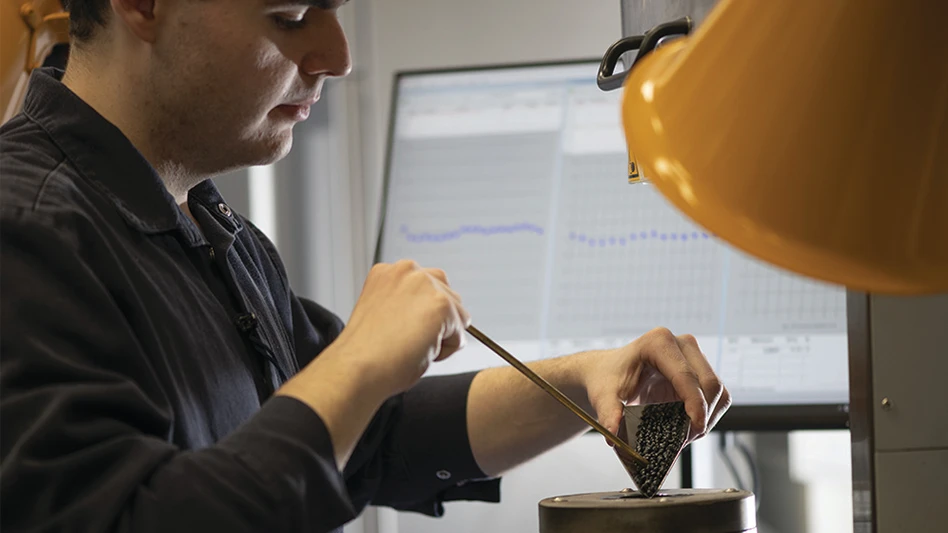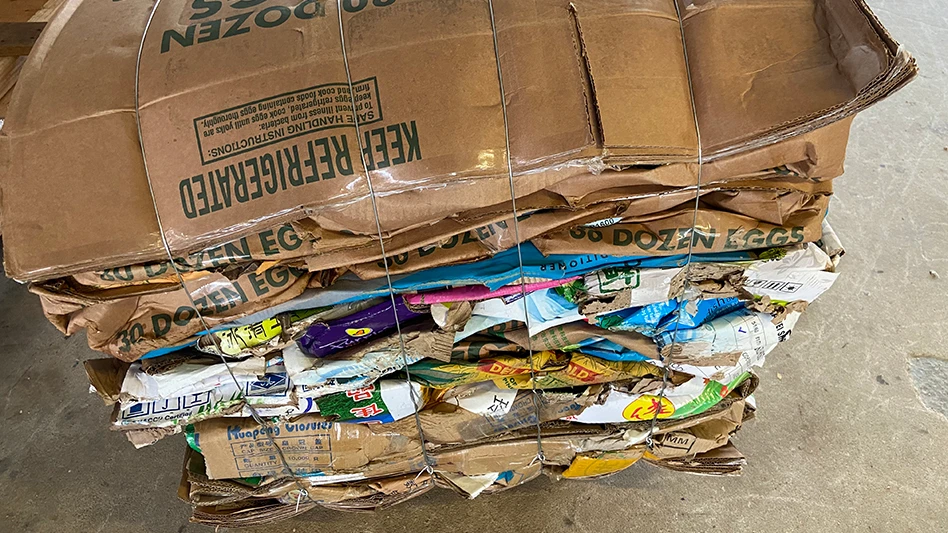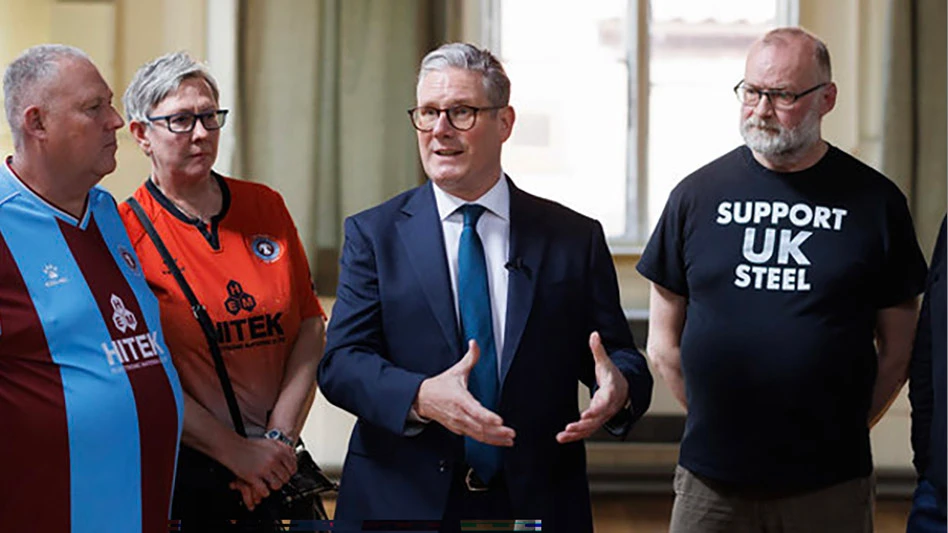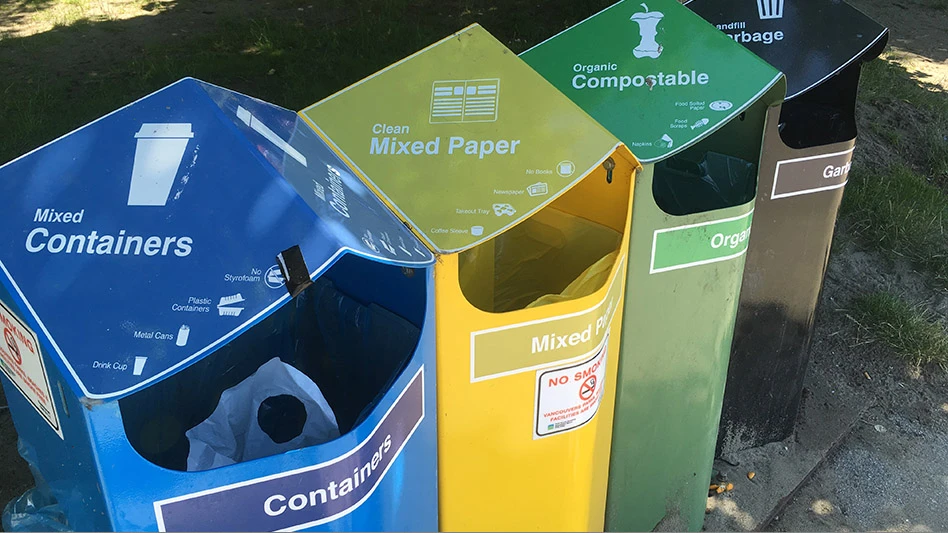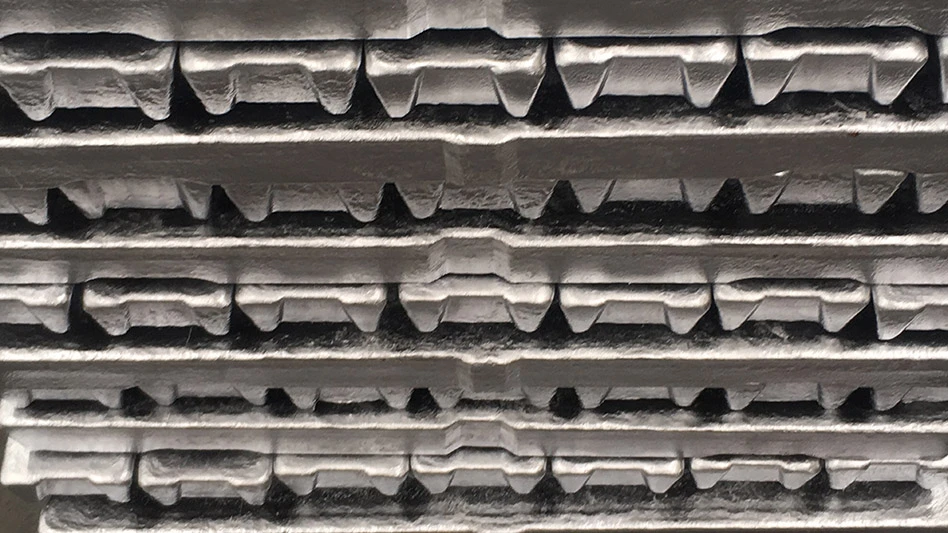
© Nikolay Mamluke - dreamstime.com
A federal judge has dismissed Chicago-based Southside Recycling’s lawsuit it brought against the city of Chicago.
Southside Recycling, which has constructed a scrap recycling facility on the city’s southeast side, filed a federal lawsuit in mid-May seeking a court order directing the city of Chicago to issue a final permit to the company. The lawsuit alleged that the city had wrongfully failed to issue the last permit needed for the facility to begin operating, despite acknowledging for months that Southside Recycling had satisfied its requirements.
Southside Recycling and RMG Investment Group LLC filed the lawsuit in the U.S. District Court in Chicago against the city of Chicago and Allison Arwady, commissioner of the Chicago Department of Public Health. The company sought a court order that would direct Arwady to issue the final permit, alleging that the city broke its agreement with RMG and violated the company’s constitutional rights by taking private property without just compensation. The company also sought more than $100 million in damages due to the permit delay.
United States District Judge Robert M. Dow Jr. rejected Southside Recycling’s claim that its constitutional rights were violated. He wrote that the arguments in the dispute are better suited for state court and that the case is terminated.
“Southside Recycling will immediately seek a prompt ruling in state court ordering the city to issue the permit, based on the city’s broken promises and the fact that we have met every requirement imposed by the city’s own rules, which businesses have a right to rely upon,” Southside Recycling states in response to the ruling. “Despite multiple attempts since early May to understand how and when the city intends to proceed, the additional analysis that it is purportedly intending to perform remains undefined and the timing undetermined.”
The company adds that it is “damaging to the environment and the local metal recycling market” that its project is on hold while “the only other shredder in Chicago continues to operate without pollution controls.
“We will continue to fight for our right to service our suppliers and responsibly perform the critical service of metal recycling for Chicago,” the company concludes.
Latest from Recycling Today
- Acerinox names new North American Stainless CEO
- Greenwave closes 2024 books with red ink
- Steel Dynamics nets $217M on record shipments
- Massive Chinese steelmaking rebound recorded in March
- LME looks into sustainable metal pricing
- OnePlanet Solar Recycling closes $7M seed financing round
- AMCS launches AMCS Platform Spring 2025 update
- Cyclic Materials to build rare earth recycling facility in Mesa, Arizona
